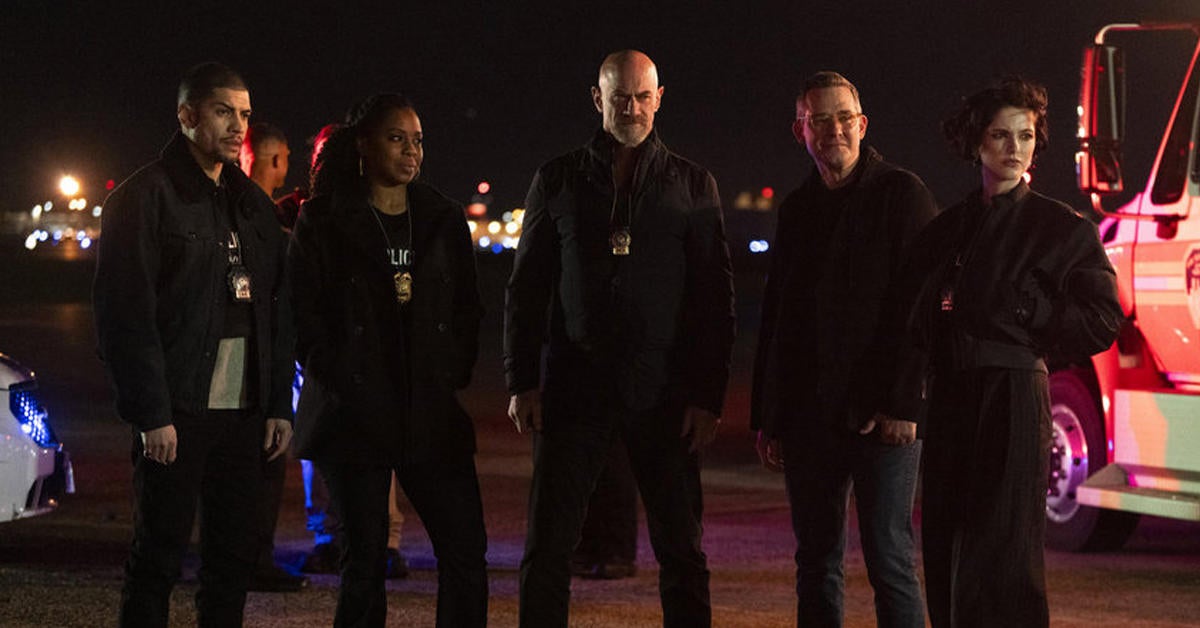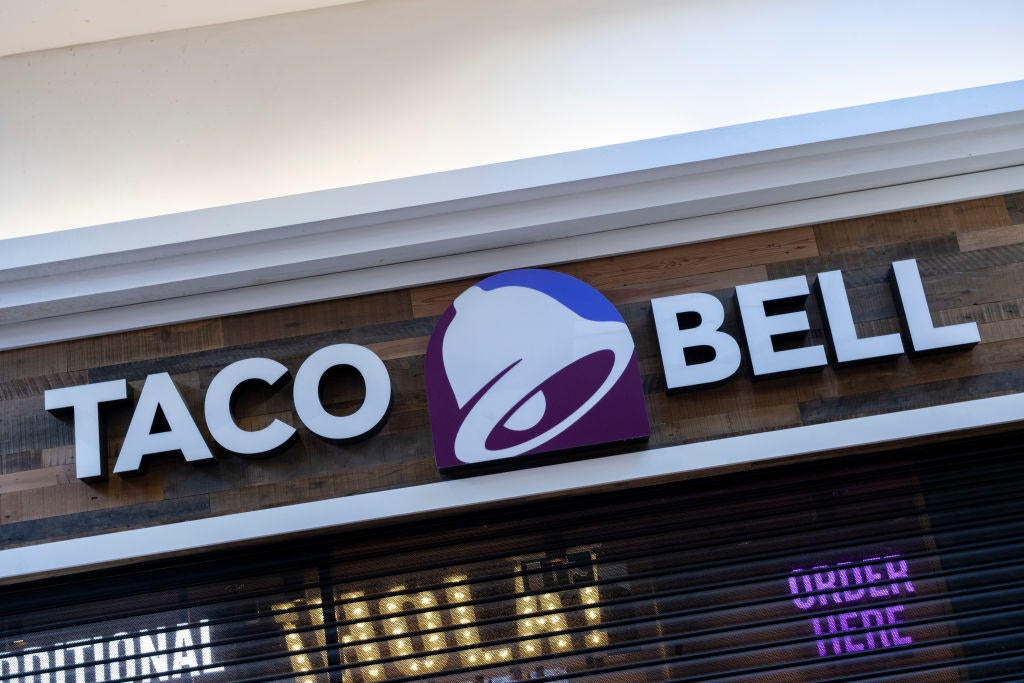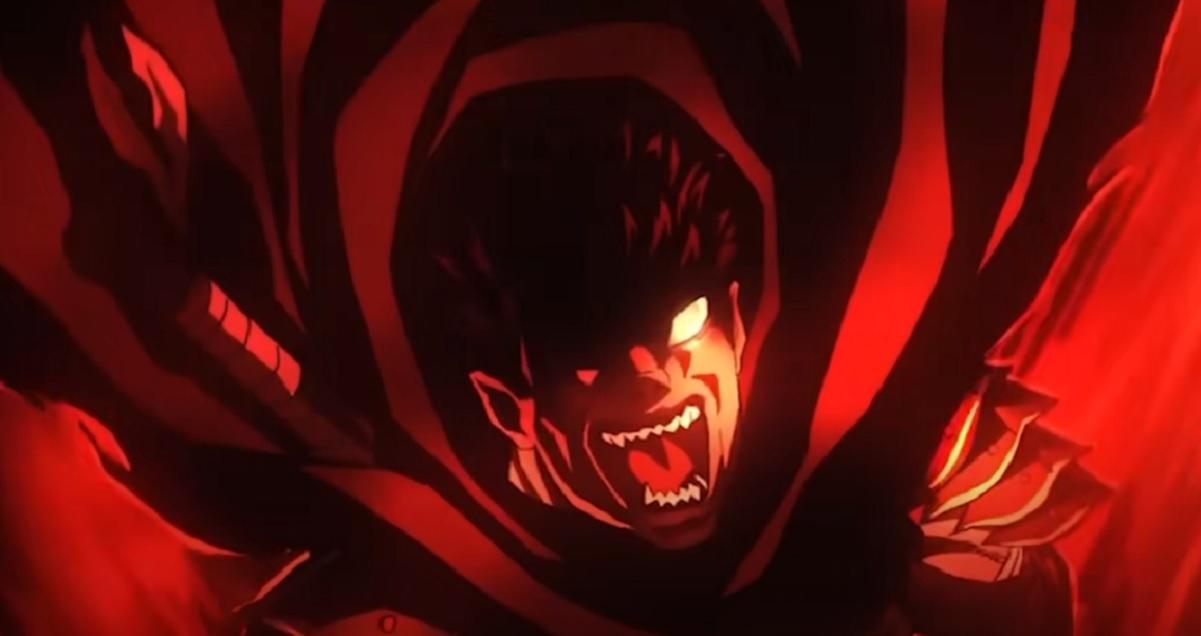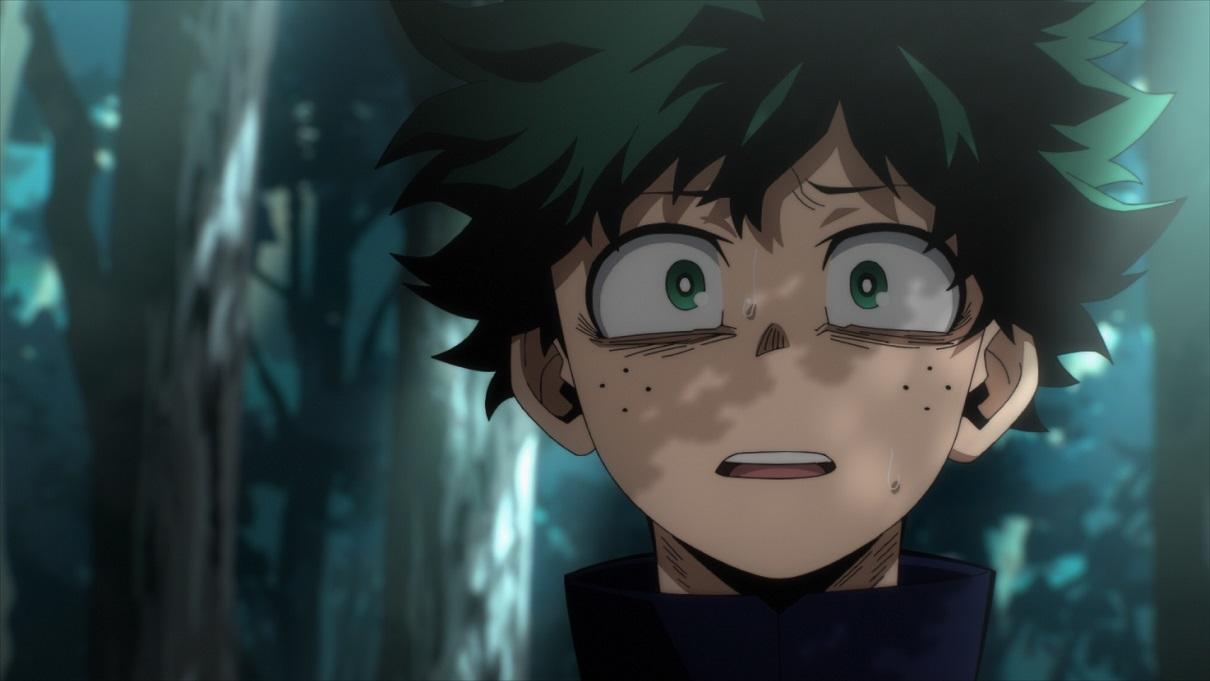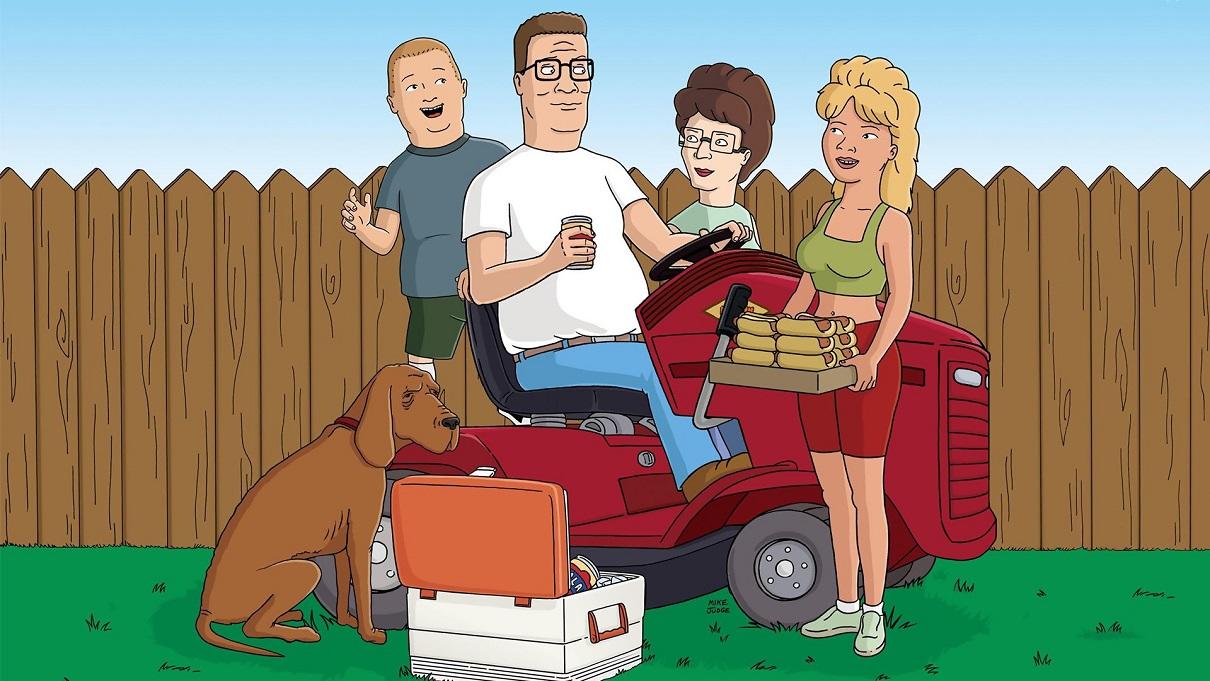Adaptation Problems: How Close Should The Movie Version Be?
Since the launch of Marvel's cinematic universe, fans have had a closer interpretation of their [...]

Since the launch of Marvel's cinematic universe, fans have had a closer interpretation of their comic book favorites than we could ever have expected ten years ago on the big screen. While the Iron Man, Thor and Captain America films may not have been based on any one comic book story, the studio worked tirelessly to ensure that the overall tone and feel of the movie and the personalities of the characters reflected the source material accurately. Following the failure of Batman & Robin and The Hulk, gone (mostly) are the days of "Tim Burton's Batman," when a director can come aboard a major comic book property and make a movie that bears only a passing resmblance to the character fans have read for years. This is especially true at Marvel where the interconnected universe means that every failure has the potential to taint the brand, the universe and impact the rest of the movies. Even where an auteur's touch exists, such as in the Nolan films, it seems that the director and the studio have done better to more closely reflect the source material. Most comic book movies remain adaptations of the concepts and characters, though, rather than particular plots, so the need to be "true" to the source material has been mostly about establishing a feeling, or making sure characters don't do crazy things. Moving forward, though, more and more elements of existing comic book stories are seemingly being incorporated into the films themselves. There was X-Men: First Class. The Dark Knight Rises took obvious cues from Knightfall and No Man's Land; Iron Man 3 used Extremis; a film version of The Winter Soldier is coming, and rumor has it The Avengers 2 will be a modified take on a classic Marvel crossover.

There are other movies, too - Kick-Ass, Sin City, Ghost World and Watchmen all adapted (to varying degrees) a specific story from the comics they're based on, although in the cases of Kick-Ass and Watchmen that's because those were the only stories that existed when production began. These bring with them their own set of unique problems: how closely adapted to films like X-Men: Days of Future Past (and other films like it) be? Each time there's a new introduction to the story (Blink! Bishop! Warpath!), at least two commenters on ComicBook.com's social media pages complain that "s/he's not supposed to be in that story! This movie will suck!" On the other hand, fans of those characters may be more likely to be engaged with the film (or at least the production process) knowing that those characters are a part of it. And, in the case of certain characters, you've got the additional wrinkle that both fans of the previous films and the actors Fox has under contract have to be kept happy. If studios are going to cherry-pick the best stories for film adaptations, then you're going to end up in a situation where you jump from the Lee/Kirby era to the Claremont era and back again, with different lineups of X-Men and fans who will go to the movie and say "Where the heck is Wolverine?". Additionally, actors who are under contract for five movies aren't going to be thrilled (or age-appropriate) if the filmmakers wait four years or more to use them between each installment. Replacing actors whenever a character is needed is problematic, too, when you consider that the desire for continuity has become a driving factor in the Marvel Cinematic Universe, as it has in the comics themselves. Fans want more of what Marvel is offering, not less. And, in spite of whatever reservations fans are expressing ahead of Days of Future Past or The Winter Soldier, we don't remember seeing Hawkeye or Black Widow in The Avengers #1, and that worked out (mostly) alright on film. A truer adaptation is going to come with the acceptance that comics are in and of themselves a form of art or literature, and that in some cases the story is as good or important as the characters themselves. Taking things like The Winter Soldier and Days of Future Past rather than developing a new story from scratch simply means that the people making the movie are fans, and think those stories could make a good movie. But even Romeo & Juliet or The Great Gatsby will be rewritten and reinvented to suit the medium and the audience. The Grapes of Wrath had its ending completely rewritten, and both the book and the film are considered among the best ever made. And adding a series with multiple characters that originally unfolded over nearly a century into the mix complicates it further. Events that have taken place already in the early installments of the existing franchises have already invalidated many of your favorite stories if you want to be able to make a coherent timeline with no mistakes. Do you want to miss out on a strong film adaptation of your favorite X-Men story because Cyclops got killed in X-Men 3? That isn't to say these kinds of concerns are entirely without merit; when a given movie comes out, if it turns out to be bad, fans will likely be able to look back at the moment when some director or studio tried to please everyone and know that was the moment when the project was doomed. Those assessments have to be made after the product has started to be seen, though; it's impossible to know early in the process. After all, think of how many people were blown away by the Superman Returns trailer...!
